When it comes to knowing how to catch bass in cold water, we have to change our approach.
Bass behave differently in cold water, so angling techniques for warm-water fishing won’t cut it in the winter.
While winter bass fishing, we must consider a few questions: Will bass bite in cold weather?
Where do bass go in cold weather? Either to warm waters at the shore or down to the bottom, where they can find an easy meal.
Let’s look at some cold-water bass fishing tips that can improve your chances of bringing home a nice largemouth or smallmouth bass, even when it’s snowing.
In the video above, yourbassguy.com community coordinator, Wesley Littlefield, gives us his tips for cold-water bass fishing in ponds!
Table of Contents
How To Catch Bass in the Cold
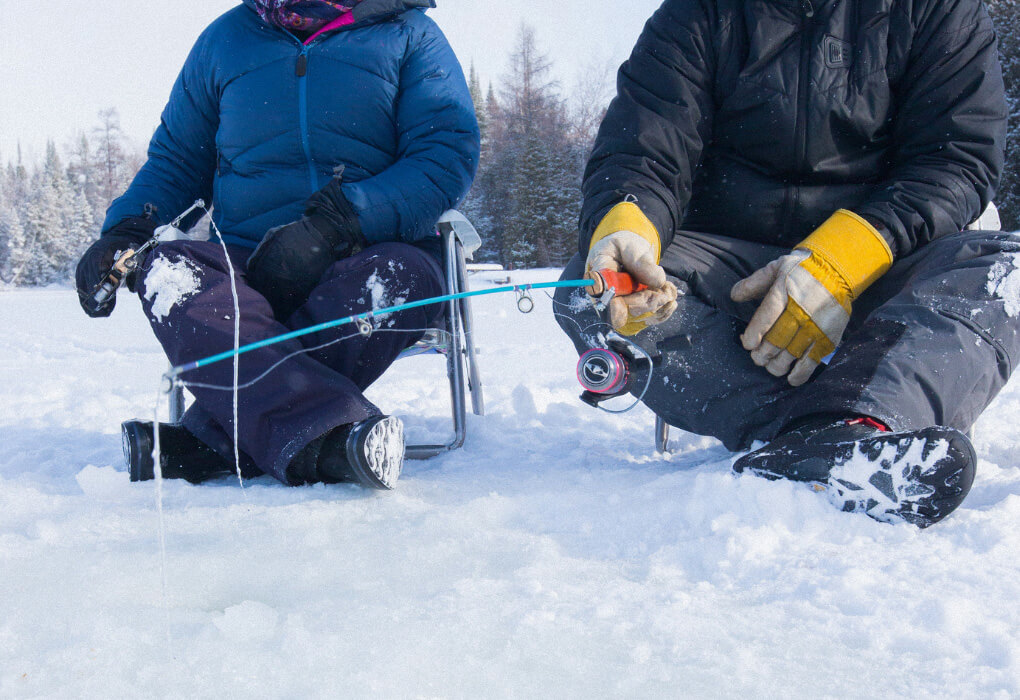
Fishing for bass—or anything else—changes with the seasons, so you’ll need to make adjustments before you get out your tackle in the winter months.
Know Your Bass
Warm-weather anglers know to fish in the morning or evenings for the best results, and they have their lure choices locked in for the most part.
But cold weather and cold water change how bass behave, so you’ll need to keep that in mind when bass fishing in the winter.
In cold water, the fish move slower and have considerably longer reaction times than in the summer.
They also spend more time in deeper water and large groups. This affects how they will respond to your attempts to hook one of them.
- Slow reaction times mean they won’t quickly snap up any prey they spy.
You’ll need to get the bait close to the bass before they make a play for it, and if they think they’ll have to fight other fish for it, they likely won’t expend the energy.
- Bass spend time in deeper waters in the winter.
You don’t necessarily need to find water 70 feet deep, but try to find the lowest point in the lake or other body of water you’re fishing.
They spend time on the lake bottom to get at the bottom-dwelling prey that won’t cost them a lot of energy to pursue.
- The relatively sluggish life of bass in cold waters means a lower metabolism.
That matters to you as an angler because the bass simply don’t need as much food in the colder months. That, in turn, means you’ll have fewer bites because the fish aren’t as hungry as they would be in July.
- Find a sunny spot for the warmest water possible.
The bass you’re after will be a little more active in areas with warmer water temperatures, so if you can locate a spot with good sunlight on the water, you’ll be fishing for bass that are a little more active than they would be in shaded, colder water.
Location, Location, Location
The importance of finding a good spot gets magnified in the colder weather months, as the bass spend time in different areas of where you’re fishing than when they have warm water all around them.
If you’re fishing on a river, consider where the warmest water might be—along the shores.
Bass want to spend time there because the shallower water will be warmer. The sun has less water to warm up there, so that water will allow for a little more movement and mobility from the bass.
That movement will translate into more bass present and for them to be more apt to bite than if they’re in the colder waters near the middle of that river or stream.
As mentioned above, in a lake, look for a shallow flat that transitions quickly to deep water. Bass congregate there because they can quickly move from deep to shallow water without much effort in search of prey and warm water.
Watch the Weather
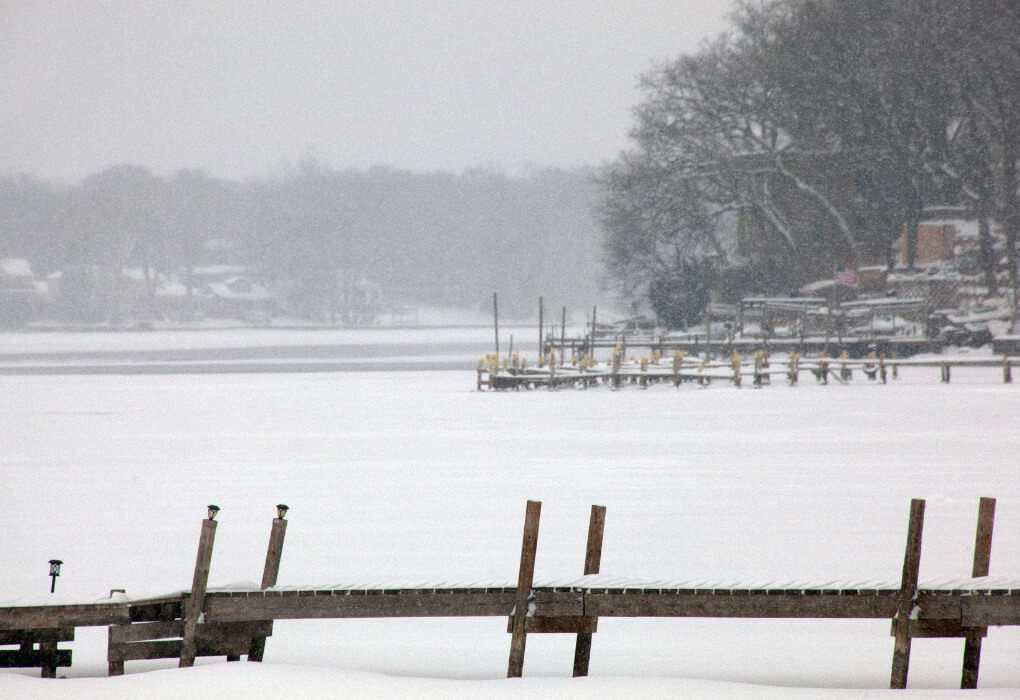
Paying attention to what the weather will do while you’re fishing can help increase your chances of getting a strike.
During a cold streak, you’ll have less success than if you can time your trip to coincide with a break in the chill.
Paying attention to the barometric pressure will add another advantage.
Since bass have swim bladders to help them maintain buoyancy, atmospheric air pressure directly affects those swim bladders.
Falling barometric pressure usually presages worsening weather. The bass sense this drop in pressure and know a storm is likely.
What do they do, then?
They eat.
They eat as much as possible so that, during the storm, they can hunker down in deeper waters and remain relatively unaffected by inclement weather affecting the water above.
Falling barometric pressure is a ringing dinner bell to bass regardless of the time of year, and an angler who adds this knowledge to his toolbox has a better chance at success in cold water bass fishing.
Best Cold Water Lures for Bass
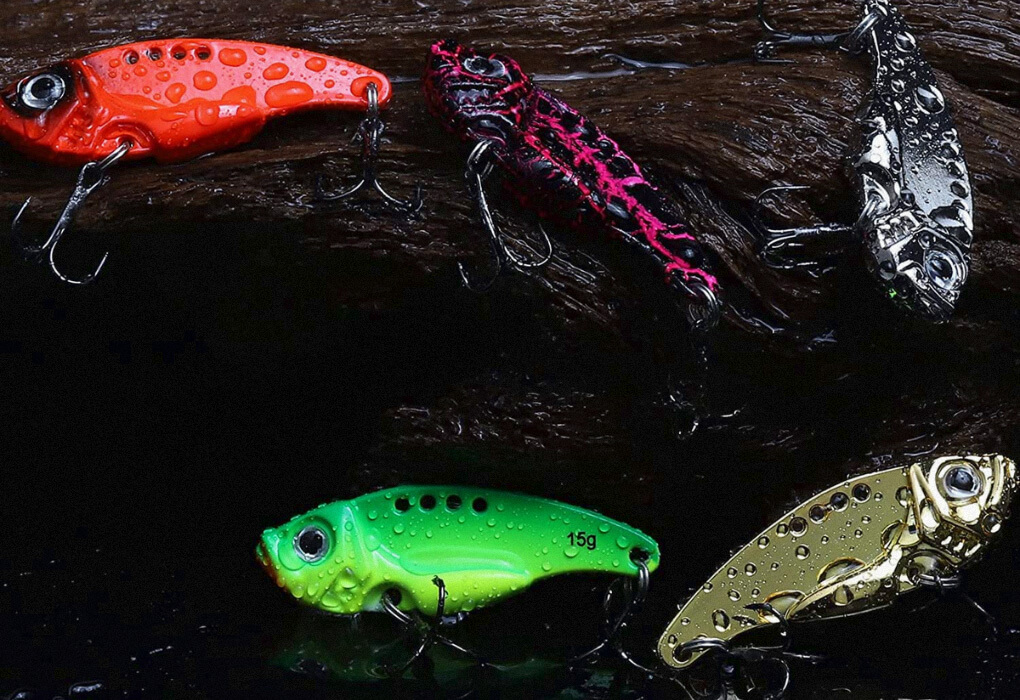
If you’re a bass trying to conserve energy in the colder water, you’ll want to eat things that are close and easy to get.
Use this knowledge and extrapolate your lure choices. If a bass in warm water sees a large lure, it’s got the energy to fight for it if another bass has also seen it.
But with cold water temps, larger prey presents a problem for the bass.
It knows that if another fish has spied the same large lure, it might want to go for it, and the bass just doesn’t have the energy to fight over a piece of food, especially since he’s eating a lot less than he does in the summer.
So think small when it comes to bass lures.
Or at least smaller.
Downsizing your lure can significantly increase the chances of getting a bite.
Blade baits present the illusion of a quick and easy meal for bass, and jerkbaits and even a live bait minnow or other choices can also present smaller targets that will entice even the most passive bass.
Bass anglers tend to succeed with a spinnerbait when they vary the sizes they use according to the depths at which they’re fishing, which goes for cold-water bass fishing, too.
For other good choices, like lipless crankbaits and others, check out our lure guide—you might find something you hadn’t considered before, such as a topwater during the winter.
How To Present Lures in Cold Weather
Power fishing a jig, with its associated quick, jerky movements, won’t catch fish in the winter months as it will in warmer waters.
After downsizing your lure, your best bet will be to use slow, gentle movements.
Think finesse fishing with a drop shot or shaky head.
The fish you’re angling for is sluggish in that colder water, and if he sees a lure jerking and juking all over the place, he’s going to think to himself something like, “That looks like too much work.”
That said, as we mentioned jigging, if you can keep your jig moving relatively slowly, its effectiveness at fishing near the lake bottom can come in quite handy.
A smaller and subdued jig has a good chance of grabbing the attention of a bass looking for something easy to catch.
5 Tips for Catching Cold Weather Bass
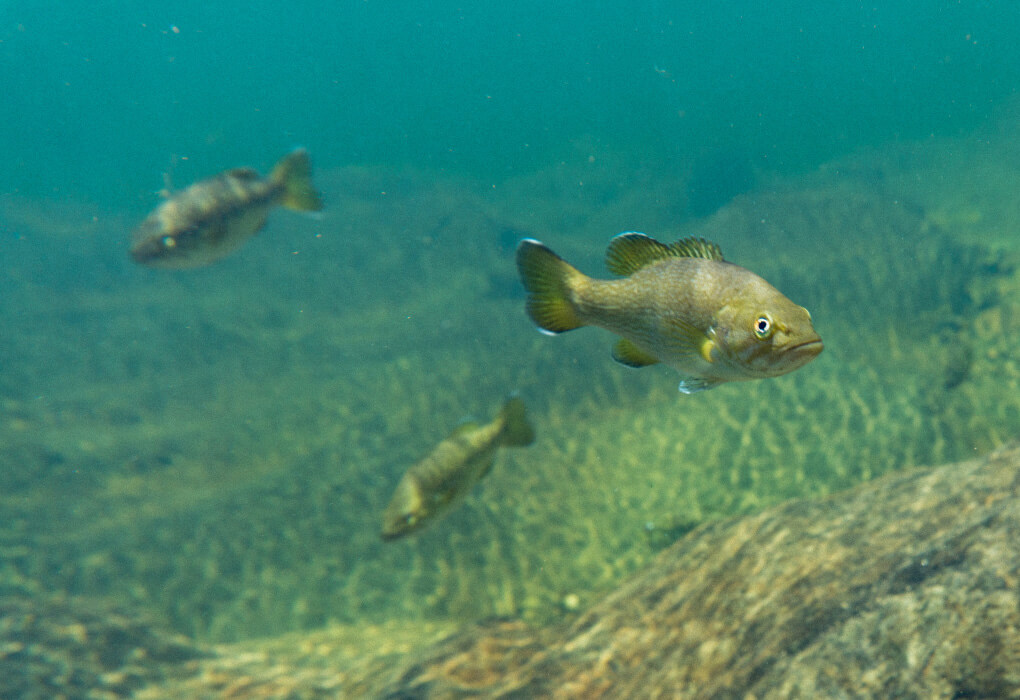
Here are a few tips to help you when cold water bass fishing.
When To Fish
No matter what bass bait you use, your luck will decrease if you try angling at the wrong time of day.
While we generally fish early in warm weather, in colder temps, the cold-blooded bass won’t up its activity level until later in the day.
After about 2:00 pm, the sun will have increased the water temperature slightly, and the fish tend to be a little more active after that point.
If you can fish between then and when the sun starts to set, you’ll have a better shot at snagging a big bass.
Pay Attention to the Baitfish
Since bass feed on baitfish like shad and minnows; you have a better chance of finding some bass nearby if you follow those.
These baitfish spend time near the shores in the colder months, so even in muddy water, some bass can also be found near the shores, looking for food.
Journalists often follow the money. Anglers should follow the baitfish. They’ll be easy to spot in clear water, but where they go, bass tend to follow.
Go Deep and Slow
Bass movement bears another mention here in terms of everything you need to know about cold water bass fishing, so let’s say again: in cold water, bass tend to collect in the deepest areas of the lake.
If you’re fishing water 40 feet deep, don’t drop your lure a few feet and hope for the best.
Even then best Strike King or Rapala lure won’t do you any good if it sits too shallow in wintertime water.
Getting your lure deep into the water gives you a better chance of catching the eye of the biggest bass in the area when winter fishing.
And remember the lethargy of the fish in cold water. Bass are cold-blooded, so cold water will slow them down.
If your jighead is going crazy, even right next to a trophy-sized fish, that fish will likely pass on the opportunity.
Keep your bait moving, but do it slowly.
Baitfish will move slower than in warm waters, so your lure should behave similarly.
Bring What You Need
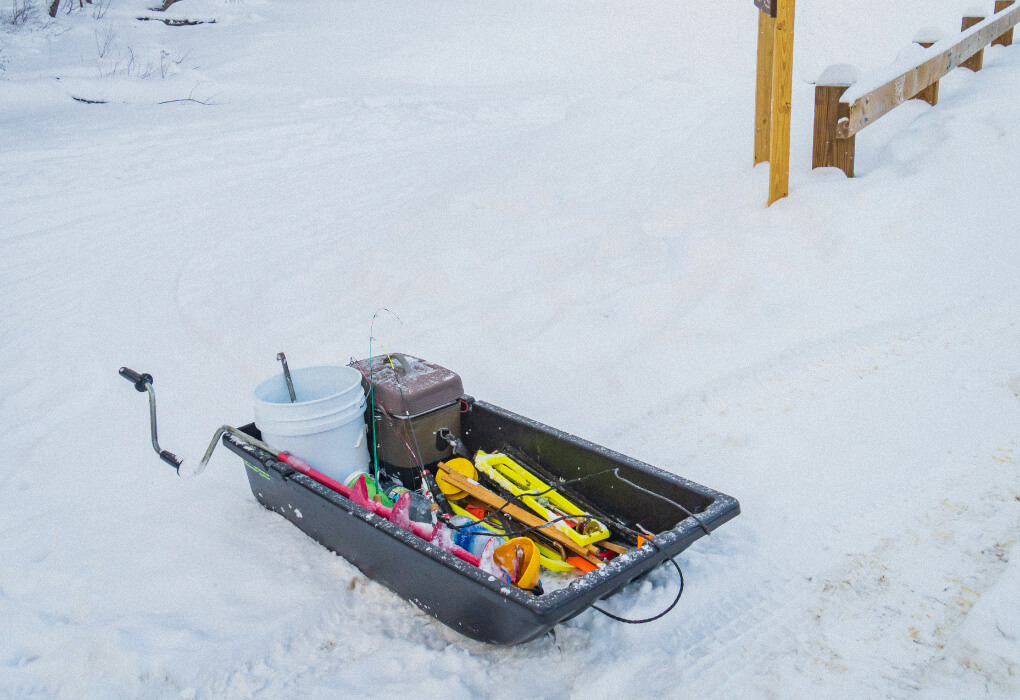
With anything we do in life, the right gear can make or break your fishing trip, no matter what the temperatures are.
In addition to your tackle (including smaller, cold-water-specific lures) and your personal flotation device (PFD), you’ll need to account for the cold weather.
- Dress in layers, and top them off with a warm coat.
- Waterproof clothing is your friend—remember that water drains body heat 25 times faster than air, so keeping your clothes as dry as possible is your best bet at avoiding hypothermia.
- Ice fishing gear, which you may already have since you like fishing in cold weather, will serve you well even if there’s no ice on the water, and a good pair of gloves is indispensable.
And as always, depth-finders and GPS units constitute valuable fishing gear in any season.
Patience, Young’n
The fish are taking it slow, and they’re not all that hungry. Your most helpful tool might be your ability to be patient.
Casting fast and often won’t improve your chances of getting a bite, so relax and play the long game.
Patience is necessary, as are tempered expectations.
The largemouth bass you snagged on your first cast last summer won’t behave the same in cold water.
Frequently Asked Questions
We can cover everything we can think of, and there will still be some questions, so here are some of the most common ones.
What is considered cold water for bass?
50 degrees F and below is considered cold water for bass fishing.
Will bass bite in cold weather?
Yes, bass will bite in cold weather, but not nearly as frequently as when they have warm water.
You’ll get fewer bites in the cold, as the fish move slower and don’t go after anything they’ll have to work too hard to catch.
And they sure don’t want to fight for anything, so larger fishing lures are discouraged.
How do you catch bass in a cold water pond?
To catch bass in a cold water pond, use natural-colored lures, move them slowly through the water, and pay attention to the deeper spots.
Last Cast
Cold water bass fishing can be a rewarding undertaking, but for it to be so, you’ll need to change your approach, temper your expectations, and be patient.
Oh, and stay warm.
Adjusting the size and movement of your lure (or switching to live bait) will up your chances of getting a few bites.
I’d love to hear your cold-weather bass fishing tips in the comment section!

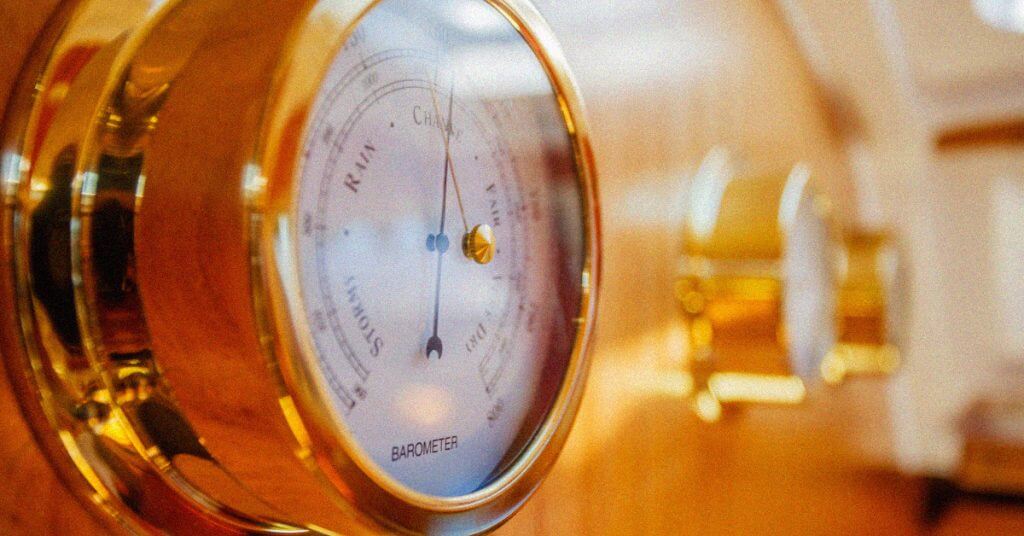
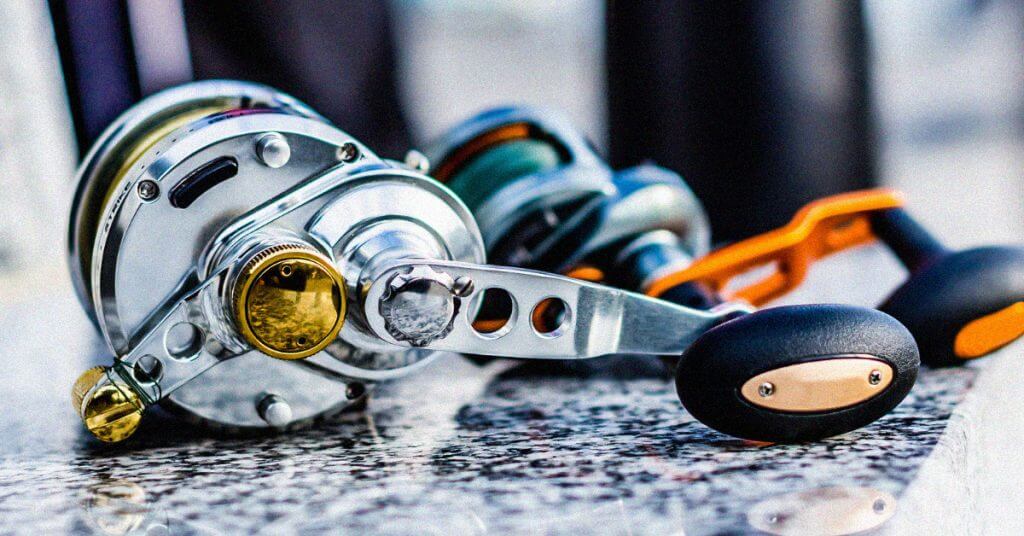
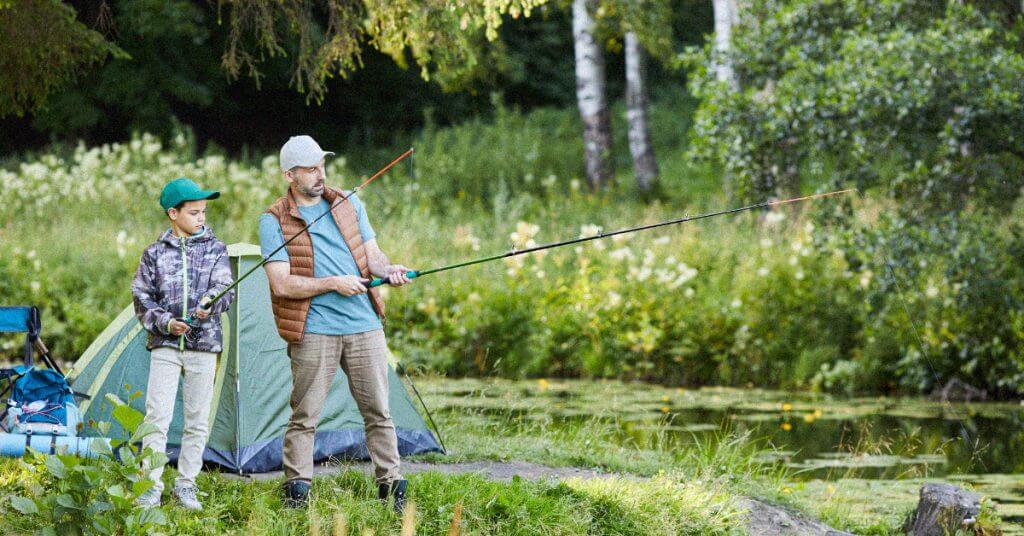
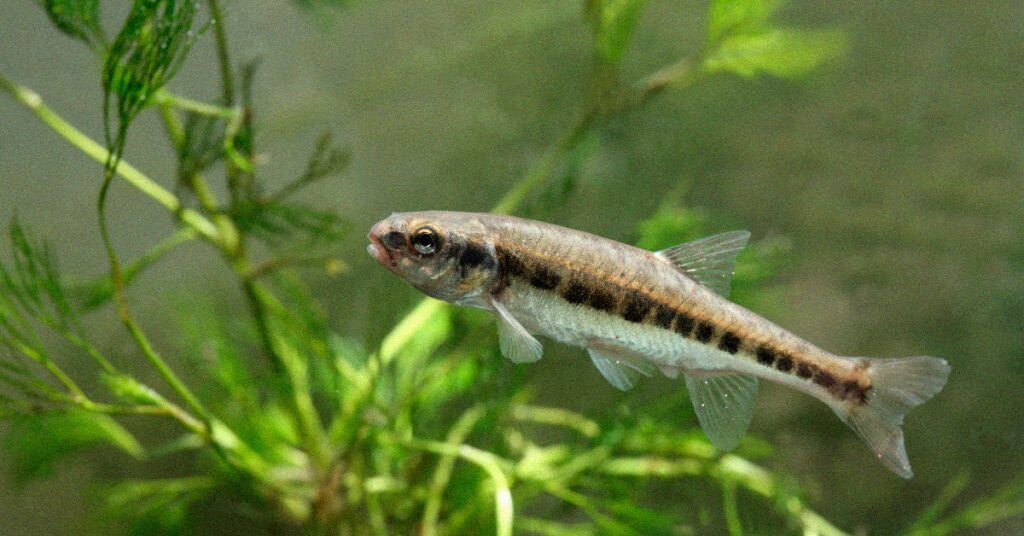
I used to call my favorite cold water bass lure my “hunk of shit” lure. Just a (I don’t know the name) sort of lure I could slowly move along the bottom, very slowly. I can’t remember the name. But brown, like a hunk of shit
Just proving bass will eat some weird stuff!